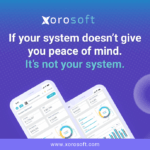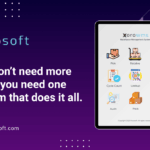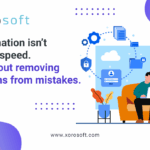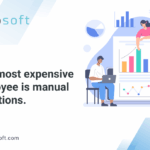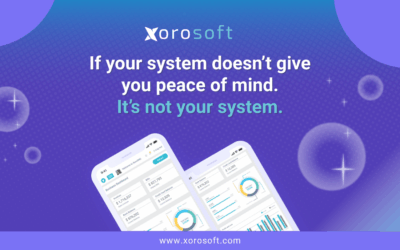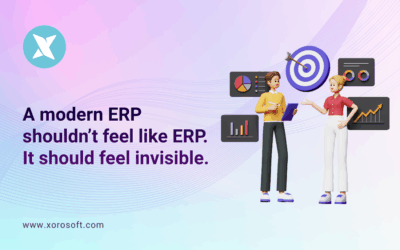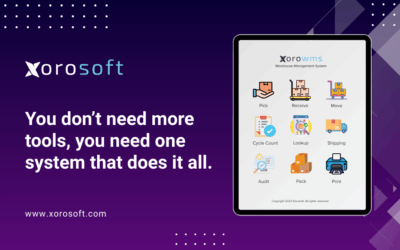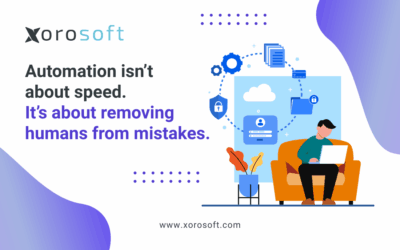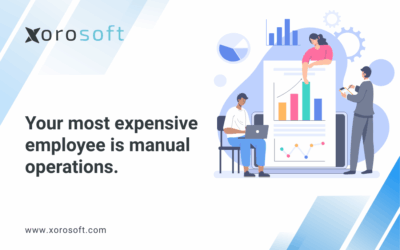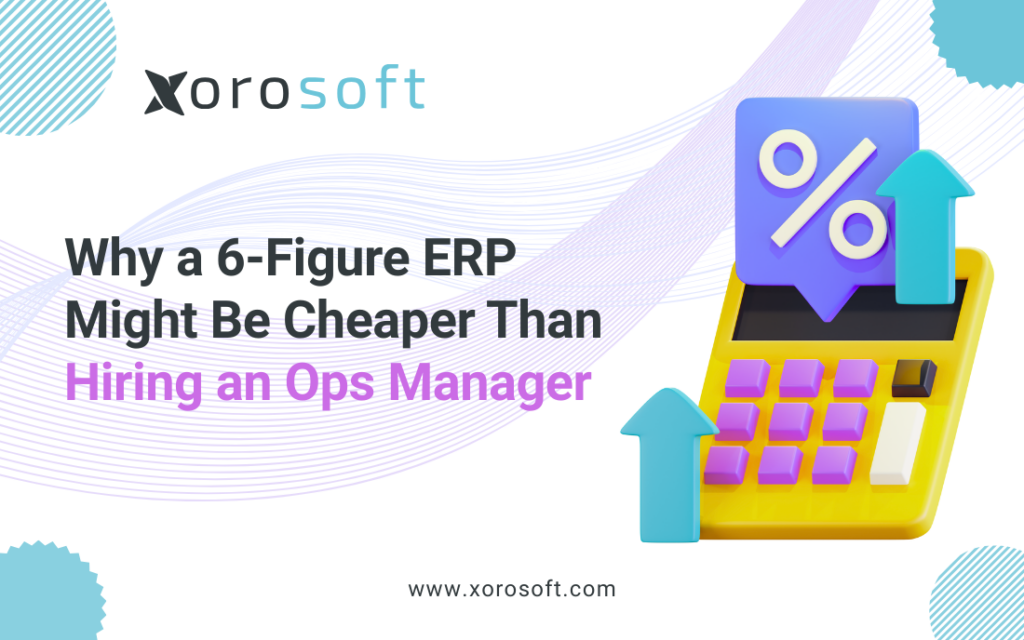
The Hidden Cost of Scaling Without Structure
Scaling a business always brings a tough choice: do you hire an operations manager, or invest in ERP? Many leaders assume an employee is cheaper, but in reality, ERP vs Operations Manager is not even a fair fight. The wrong choice often leads to higher costs, hidden inefficiencies, and endless firefighting.
At first, the hustle works. A few spreadsheets, QuickBooks, and a warehouse crew that remembers everything by heart might carry you through.
However, as orders multiply and channels expand, cracks appear quickly. Customers face shipping delays, inventory data no longer matches reality, and finance teams scramble at month-end. That’s when leaders realize they need more than hustle—they need structure.
ERP vs Operations Manager: Why the Choice Matters
Hiring an ops manager feels like the obvious solution. After all, someone has to “own” operations. But even the best manager can’t overcome disconnected systems.
Here’s the world they walk into:
-
Inventory scattered across multiple spreadsheets.
-
Shopify orders syncing late, creating fulfillment bottlenecks.
-
Amazon overselling products you don’t actually have.
-
Warehouse staff picking wrong SKUs without WMS support.
-
Finance chasing numbers because accounting doesn’t sync with inventory.
Therefore, instead of building efficiency, your new hire ends up patching leaks. Mistakes multiply. Labor costs rise. And executives remain stuck in the weeds instead of scaling strategically.
The Real Reason Operations Managers Struggle to Keep Up
The root problem isn’t people—it’s systems. Spreadsheets and bolt-on tools were never designed to manage fast-moving, multi-channel operations.
This is why chaos returns:
-
No real-time visibility: Ops managers chase numbers instead of analyzing trends.
-
Duplicated effort: Teams re-enter data across accounting, shipping, and inventory tools.
-
Errors compound: Manual work guarantees costly mistakes like refunds and re-shipments.
-
Siloed decisions: Every team sees a different truth, so forecasting becomes guesswork.
In other words, even smart, capable people can’t beat broken systems.
ERP vs Operations Manager: Breaking Down the Costs
On paper, a six-figure ERP seems expensive. But compare the costs and the math changes:
-
An operations manager costs $90K–$120K per year before benefits.
-
Mistakes caused by poor systems cost even more—refunds, lost sales, reputational damage.
-
Manual reconciliation drives overtime every single month.
-
Leadership wastes time managing chaos instead of focusing on growth.
Therefore, ERP vs Operations Manager isn’t really a contest. A strong ERP not only pays for itself but also generates savings and opportunities that no single person could match.
How ERP Systems Solve Problems People Alone Can’t
Adding more people doesn’t fix broken processes. The smarter move is to adopt infrastructure that scales with you.
A unified ERP embeds automation, real-time reporting, and consistent workflows into the core of your business. As a result, teams spend less time firefighting and more time creating value.
Moreover, leaders finally have one source of truth. They stop reacting to problems after the fact and start planning proactively.
Of course, this doesn’t make people irrelevant. On the contrary, an ERP empowers them. With the right system in place, an ops manager can focus on strategy rather than spending every day untangling inefficiencies.
ERP vs Operations Manager: Why Xorosoft Is the Smarter Investment
This is where Xorosoft ERP sets itself apart. Built for fast-scaling manufacturers, distributors, retailers, and e-commerce brands, it offers capabilities no individual hire can replicate.
Here’s why businesses trust it:
-
Real-time visibility across inventory, procurement, fulfillment, manufacturing, and accounting.
-
Built-in WMS to eliminate ghost stock, picking errors, and warehouse inefficiency.
-
Native integrations with Shopify, Amazon, 3PLs, and EDI (Shopify App here).
-
Multi-location, multi-currency, multi-channel support for global operations.
-
Hundreds of API integrations to automate workflows.
-
Ranked #1 in Ease of Use on G2 for ERP systems (see ranking).
When you compare this system against the salary of one hire—and the cost of ongoing mistakes—the choice is clear. A modern ERP isn’t just software. It’s the backbone of scalable growth.
From Firefighting to Sustainable Growth with ERP
Relying on more people alone often feels like progress, but without the right systems, growth stays chaotic. On the other hand, investing in ERP brings both efficiency and clarity.
In fact, ERP vs Operations Manager isn’t an either-or decision. The best businesses use ERP as their foundation while empowering great people to do what humans do best—strategize, innovate, and build relationships.
👉 Growth doesn’t have to feel like firefighting. Explore XoroONE, check out our Shopify App, and see why scaling businesses trust us as the system that grows when people alone can’t.
